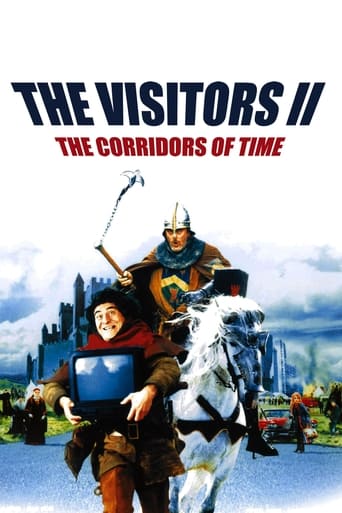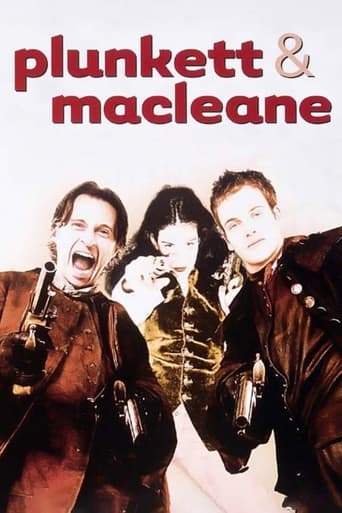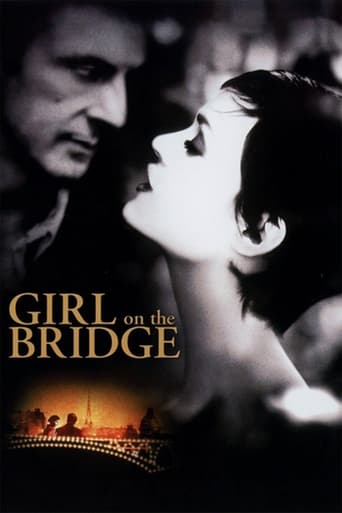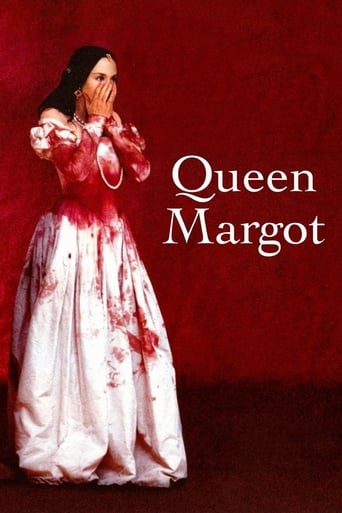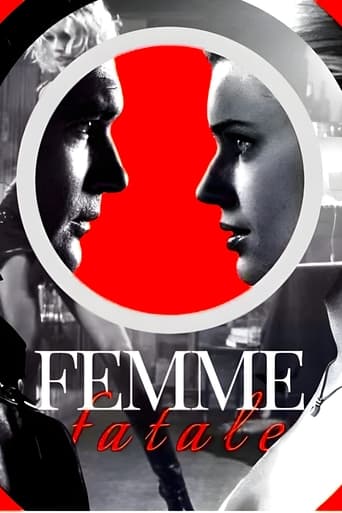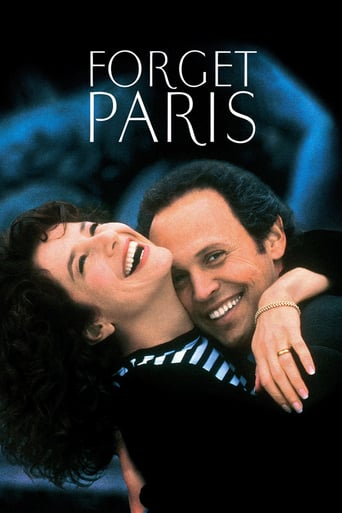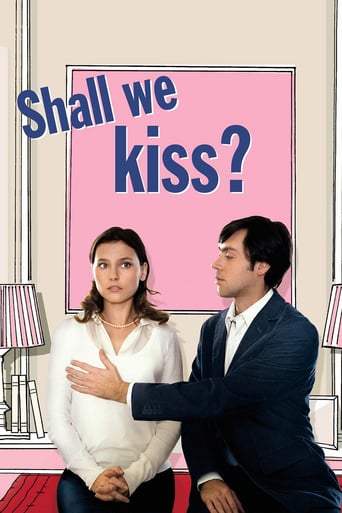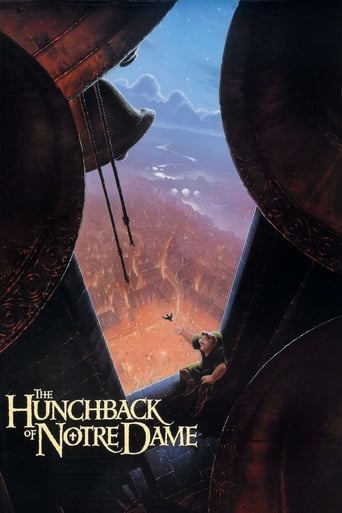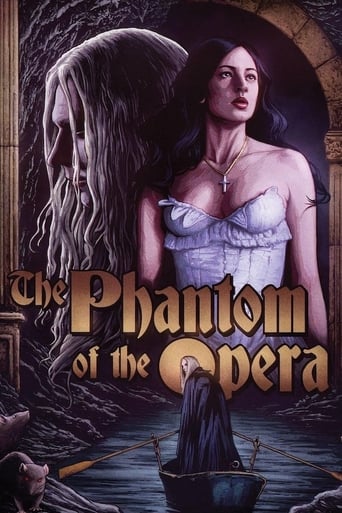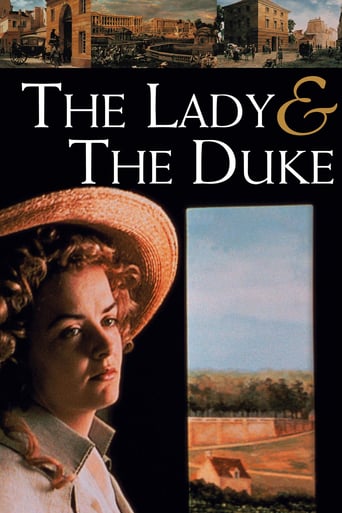
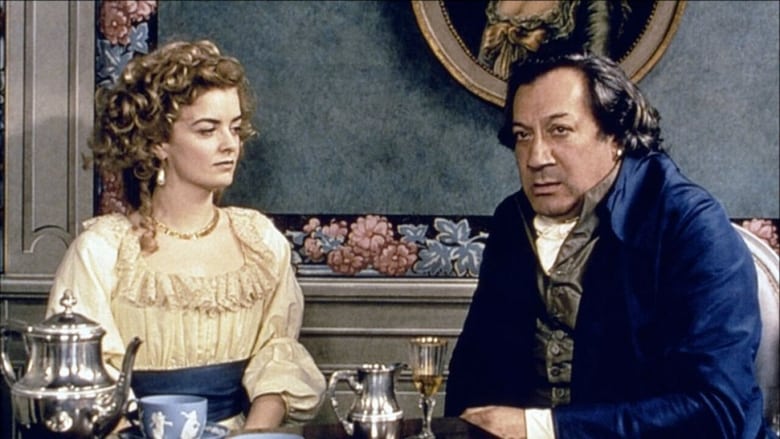
The Lady and the Duke (2001)
Grace Dalrymple Elliot is a British aristocrat trapped in Paris during the French Revolution. Determined to maintain her stiff upper lip and pampered life despite the upheaval, Grace continues her friendship with the Duke of Orléans while risking her life and liberty to protect a fugitive.
Watch Trailer
Cast


Similar titles
Reviews
Admirable film.
I cannot think of one single thing that I would change about this film. The acting is incomparable, the directing deft, and the writing poignantly brilliant.
A great movie, one of the best of this year. There was a bit of confusion at one point in the plot, but nothing serious.
The acting in this movie is really good.
Revolutions always present opportunities for dramatic films since, in fact, most revolutions are in themselves dramatic events. Unfortunately, what this film lacks in drama is compensated for by an overabundance of boredom. One cares not who wins, loses, dies or lives--just end it as soon as possible. This is due in large measure to what seems to me to be a superficial use of background technology. Scenes of Paris and the French countryside have a cardboard quality about them. They might better be done on a bare stage and left that way. One cannot expect the amazing effects of "The House of the Flying Daggers" or "The Golden Compass," but , after all, this is a 2002 digitally mastered production. Characters seem to enter a scene for the sake of entering a scene, so much so that one loses count of the number of times character enter and leave rooms. In my view, this film turns the French Revolution of the 1790s into the "papier-mache" revolution of a "papier colle" world.
Acclaimed director Eric Rohmer tries to pull off some revolutionary ideas, but I'm not entirely convinced of a success. Perhaps the most striking deviation from classic film is his use of hyper-saturated digital colours. As other reviewers have pointed out, this is Rohmer's way of creating a living 18th century oil painting. But as the other reviewers also have pointed out, it's not always convincing. Indeed there are a handful of magnificent scenes where he succeeds. For a split second you're not sure if the camera is focused on a fancy Rococo painting...until suddenly the characters begin to move and talk. But the problem arises once the gimmick wears off, and those same vivid images begin to look like cheap CGI trickery, common in low budget made-for-TV films.The next biggest flaw--an bizarre oversight which I can't fathom--is the lack of music except at the very beginning and the very end. If this movie is indeed an aristocrat's view of late 18th century France, complete with impeccable costumes and fancy furniture, shouldn't there be, at the very least, an occasional Mozart, Rousseau or Bréval sonata in the soundtrack to help us settle into the period? Instead the scenes are awkwardly silent. I never realized how distracting it can be to NOT have music in a film!Last topic: character development. We get a nice performance from Lucy Russell as the "Englishwoman" (she did an excellent job of creating a Parisian accent tainted with Scottish roots, and when she "dumbs it down" in the scenes where she's pretending to be a tourist, it's very impressively done). But unfortunately I feel like hers was the only character that had any soul. Jean-Claude Dreyfus (the Duke), who was riveting in DELICATESSEN as the heartless villain, and equally memorable in CITY OF LOST CHILDREN as the big ole softy, never seemed to have a clear character in this film. This, I believe, is the fault of the director. He should have given Dreyfus a few closeups to allow us to see that very expressive face of his. Instead, I recall seeing only full body shots and profiles where we're not sure how genuine he is. The result is that you never trust the Duke at his words; you never know if he's a "good guy" or a "bad guy". It also doesn't help that the Lady is constantly flip-flopping her affections/hatred toward him. The resulting character confusion leads to us, the audience, becoming apathetic and distanced from the Duke.The story itself is very interesting, but I won't get into that because I don't want to ruin anything if you decide to see the film. Overall... I really don't know what to think of this. It held my interest for two hours but was never quite satisfying. Watch it on a rainy day and judge for yourself.
Rohmer strays from his usual portraits of french middle class to tell this costume drama about the difficulties of an aristocrat lady during the french revolution. What's more attractive about "La Anglaise..." (apart from the story itself) is the fabulous aesthetics that Rohmer has achieved. The images have been digitally decorated too make them look like baroque pictures. In some moments you can't really say whether your watching a movie or a series of pictures in Louvre Musseum. Every shot is like a piece of art.*My rate: 7.5/10------------------------------ --------------------------------
I've seen a lot of films set during the French Revolution, and this odd and tiresome effort by Eric Rohmer is definitely not one of the better ones. I can't help but feel that Rohmer had some grand vision for this movie, as recreating the life and vision of some late 18th century aristocrat, and he did not entirely succeed. For starters, the film seems less 18th century and more like a late 19th century stage play- filmed in the style of an early silent film, circa 1915. One almost expects the actors to begin to gesture wildly and start rolling their eyes. Character development is non-existent, and the direction, with its paucity of camera angles, is nothing to write home about. The actors do the best they can, but there is only so much that they can do, given the clunky script and direction. I didn't find the film to be boring exactly... just odd and half-baked. The much-ballyhooed digital backgrounds add to the air of weird, never-never land detachment to the entire proceedings.All in all, this is not the worst movie I've seen, but if you really want to get into the mindframe of 18th century nobility, then I would highly recommend the 1999 Masterpiece Theater miniseries "Aristocrats," which is far more entertaining, convincing and involving than "Lady and the Duke." If you wish to see a great film about the French Revolution, then go see "La Révolution Française" with Jane Seymour and Klaus Maria Brandauer (if you can find it), or "Danton" with Gerard Depardieu. Even the 1938 "Marie Antoinette" is more interesting than the Rohmer film, and Norma Shearer's reaction to the Princesse de Lamballe's head is a great deal more powerful than Lucy Russell's.






